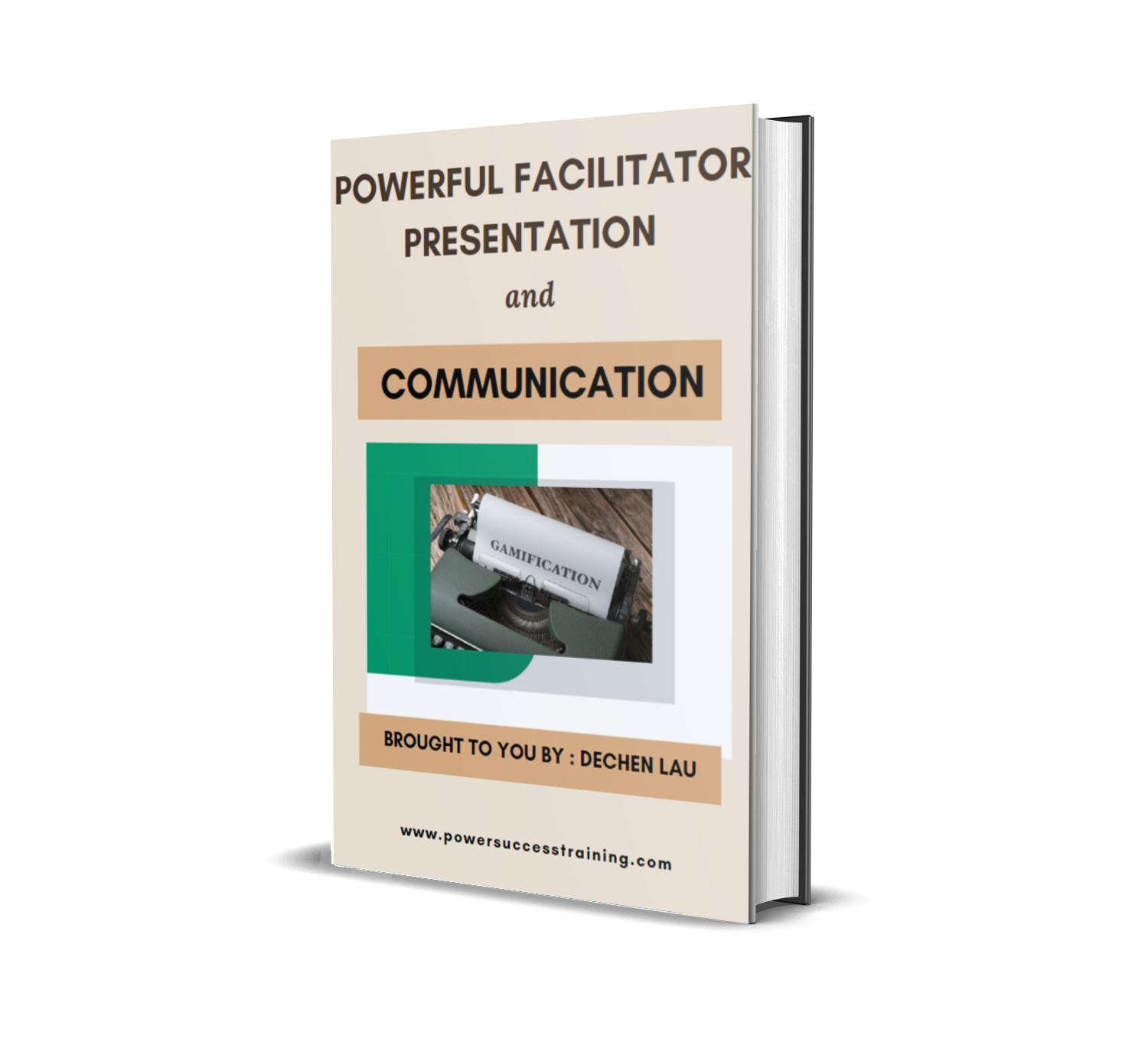In recent years, the idea of passive income has become increasingly popular, especially among business owners & those aiming for financial independence. The term “passive income” basically describes profits from businesses in which a person does not regularly participate. This can include royalties from creative works, rental income from properties, and income from investments, among other sources. The appeal of passive income is its capacity to produce income with little continuous work, freeing people up to pursue other interests or take more time off. It is crucial to distinguish passive income from active income in order to fully understand its nature.
Key Takeaways
- Passive income is money earned with minimal effort through various sources such as investments, rental properties, or online businesses.
- Writing and publishing an ebook can be a lucrative way to generate passive income, especially if you focus on a niche topic and effectively market your book.
- A well-crafted marketing plan is essential for promoting your ebook and reaching your target audience.
- Leveraging social media platforms can help you expand your reach and connect with potential readers interested in your ebook.
- Building an email list allows you to directly communicate with your audience and promote your ebook, as well as future products or services.
Active income, like a salary from a job or fees for freelance services, is obtained by actively participating in the workforce. On the other hand, passive income streams frequently demand a one-time outlay of funds, time, or resources but can pay off long after the initial investment has been made. Writing a book or making an online course, for example, may require a large initial investment, but once finished, these products can bring in money for years. Comprehending this distinction is essential for anyone hoping to use passive income strategies to create a stable financial future. The creation & distribution of an e-book is among the easiest ways to earn passive income.
The publishing process has become more accessible thanks to the digital sphere, which eliminates the need for traditional publishing houses and enables authors to reach a worldwide audience. Selecting a niche or subject that appeals to potential readers is the first stage in this process. This could include everything from personal finance & self-help to fiction or subject-specific expertise. Finding out what readers are currently interested in and what market gaps exist can be aided by carrying out in-depth market research. The writing process starts as soon as a topic is selected. Writing, editing, and formatting are all necessary to create a high-quality ebook, so this step calls for dedication and discipline.
In order to keep focus and organization, many authors find it helpful to draft an outline before beginning the writing process. After finishing the manuscript, authors can publish their ebooks on a number of platforms, including Smashwords, Amazon Kindle Direct Publishing (KDP), or even their own websites. Those without technical expertise may find the process easier to handle thanks to the formatting & cover design tools that these platforms frequently offer. Any ebook must have a well-organized marketing strategy to be successful.
Even the most captivating content could be overlooked in the vast ocean of digital literature if improper marketing is used. Define the target audience precisely as the first step in developing a marketing strategy. Authors can adjust their messaging and promotional tactics by knowing who will gain from the ebook. To do this, demographics like age, hobbies, and reading preferences must be determined.
In order to reach potential readers, authors should investigate different marketing channels after determining their target audience. For promoting ebooks, social media sites like Facebook, Instagram, and Twitter can be very effective. It is possible to draw attention and promote shares by producing interesting content that emphasizes important ideas or insights from the book. Using online communities like Goodreads or pertinent forums can also assist authors in reaching readers who are already interested in their genre or topic. In order to increase reach, a well-rounded marketing strategy may also incorporate blog entries, email campaigns, and partnerships with other writers or influencers.
How authors interact with their readers and market their writing has changed as a result of social media. Because they are visual & can quickly engage users, platforms like Instagram and TikTok have gained a lot of popularity for book promotion. In addition to sharing quotes from the book or their ebook cover, authors can also make eye-catching posts that include brief videos that highlight important ideas or themes. Interacting with fans via direct messages and comments creates a feeling of community and invites readers to talk about their experiences with the book.
Paid advertising on social media can greatly increase visibility in addition to natural posts. Through targeted advertising options on sites like Facebook, authors can connect with particular demographics based on their location, interests, and behaviors. Marketing initiatives are focused on people who are most likely to be interested in the ebook thanks to this focused strategy. More discoverability and new readers who might not have otherwise come across the author can result from participating in pertinent hashtags or trends. When it comes to marketing their ebook and upcoming projects, one of the most important resources an author can develop is an email list. Email subscribers have chosen to receive updates directly from the author, which shows a higher level of interest and engagement than social media followers.
Providing something of value in return for subscribers’ contact details is the first step in building an email list; this could be a complimentary ebook chapter, a resource guide, or access to unique content. After creating an email list, writers should concentrate on maintaining this connection by sending out exclusive offers, frequent updates, and insights into their writing process. Managing subscribers & producing eye-catching newsletters are made simple by email marketing platforms such as Mailchimp and ConvertKit.
Regular newsletters keep subscribers interested and updated on new releases and promotions, so consistency is essential. In order to provide more individualized content that appeals to various audience segments, authors can also divide up their lists according to reader preferences or actions. For authors who want to promote their ebooks and diversify their revenue sources, affiliate marketing offers yet another profitable opportunity. Collaborating with other companies or individuals to market the ebook in return for a cut of sales made via their referral links is the goal of this tactic. Without having to pay for upfront advertising, authors can reach out to current audiences who might be interested in their work by utilizing affiliate marketing. Authors should find possible partners whose audiences fit their target demographic in order to use affiliate marketing successfully.
Influencers, bloggers, and websites that concentrate on related subjects or genres may fall under this category. It can be easier for affiliates to promote the ebook if you give them promotional materials like banners, social media posts, or sample chapters. Authors can also determine which collaborations are most successful and modify their tactics by monitoring sales made through affiliate links.
There are lots of chances for authors to broaden their product offerings & generate extra income after they have made a name for themselves in the market with an e-book. Creating additional products that go deeper into the subjects discussed in the ebook, like workbooks, audiobooks, or online courses, may be one way to achieve this. For example, a writer who specializes in personal finance might produce a workbook on budgeting to go along with the information in their ebook.
For writers who want to further monetize their expertise, providing services like coaching or consulting in addition to products can be a good option. For instance, a health and wellness author might offer individualized workshops or coaching sessions grounded in the ideas presented in their book. Authors can boost their brand’s authority and credibility in their niche while also increasing their potential revenue by expanding their offerings. Because of the constantly changing digital landscape, authors must regularly review and modify their marketing strategies in light of performance metrics. It is possible to gain important insights into user behavior, website traffic, and ebook sales conversion rates by using tools such as Google Analytics. Authors can improve their strategies and more efficiently allocate resources by knowing which marketing channels are generating traffic & sales.
Also, getting reader feedback via surveys or reviews can reveal what appeals to the audience & what might use improvement. Authors can modify their marketing tactics & content to better suit reader expectations thanks to this feedback loop. Being responsive to data-driven insights guarantees that authors stay competitive in a crowded market, whether that means modifying the ebook’s cover design based on reader preferences or modifying pricing strategies based on market trends. To sum up, creating an ebook and generating passive income requires a multipronged strategy that includes knowing the fundamentals of passive income, writing and publishing strategies that work, thorough marketing plans, social media interaction, email list building, affiliate marketing opportunities, other product offerings, and continuous performance metrics analysis.
Through a comprehensive embrace of these components, aspiring writers can generate steady revenue streams and reach a wider audience with their expertise and originality.
If you’re interested in exploring the potential of ebooks for generating passive income, you might find the article on “Unlock Your Reading Potential with Our Ebook Subscription” particularly enlightening. This article discusses various aspects of leveraging ebook subscriptions to not only enhance your reading experience but also to explore avenues for passive income through memberships and subscriptions. You can read more about it by visiting Unlock Your Reading Potential with Our Ebook Subscription. This resource is ideal for those looking to understand how to capitalize on digital products effectively.
FAQs
What is an ebook?
An ebook is a digital book that can be read on electronic devices such as e-readers, tablets, and smartphones. It is typically in the form of a PDF or ePub file.
How can I create an ebook for passive income?
To create an ebook for passive income, you can start by choosing a topic that you are knowledgeable about and that has a market demand. Then, write and design the content of the ebook, and consider hiring a professional editor and designer to ensure high quality. Once the ebook is ready, you can sell it on platforms like Amazon Kindle, Apple Books, or your own website.
What are the benefits of selling ebooks for passive income?
Selling ebooks for passive income allows you to generate revenue without actively working on the product once it is created. Ebooks can be sold 24/7, reaching a global audience, and can provide a steady stream of income over time.
How can I market my ebook for passive income?
You can market your ebook for passive income by leveraging social media, creating a website or blog to promote it, using email marketing, and seeking reviews and endorsements from influencers in your niche. Additionally, consider running promotions and advertising campaigns to increase visibility and sales.
What are some popular topics for ebooks for passive income?
Popular topics for ebooks for passive income include self-help, personal finance, health and wellness, business and entrepreneurship, and hobbies or special interests. It’s important to choose a topic that has a target audience and market demand.


